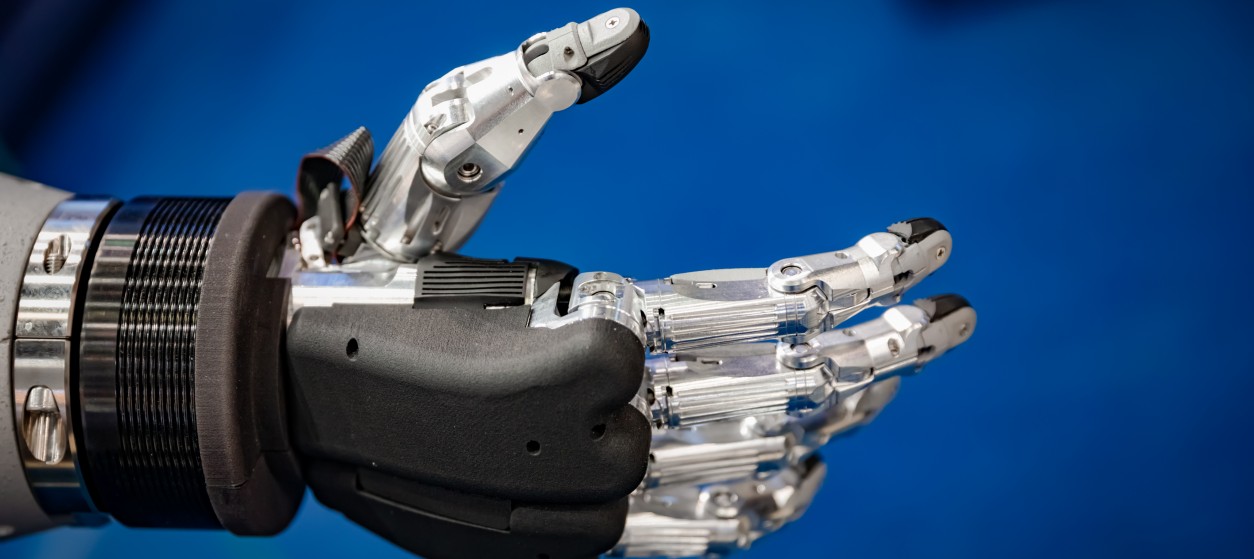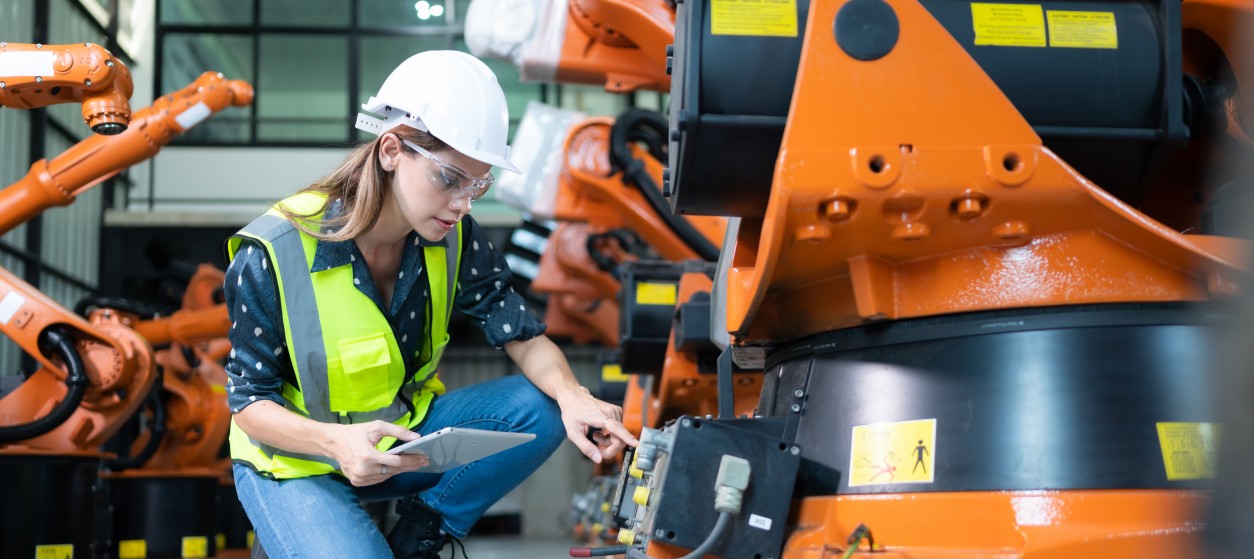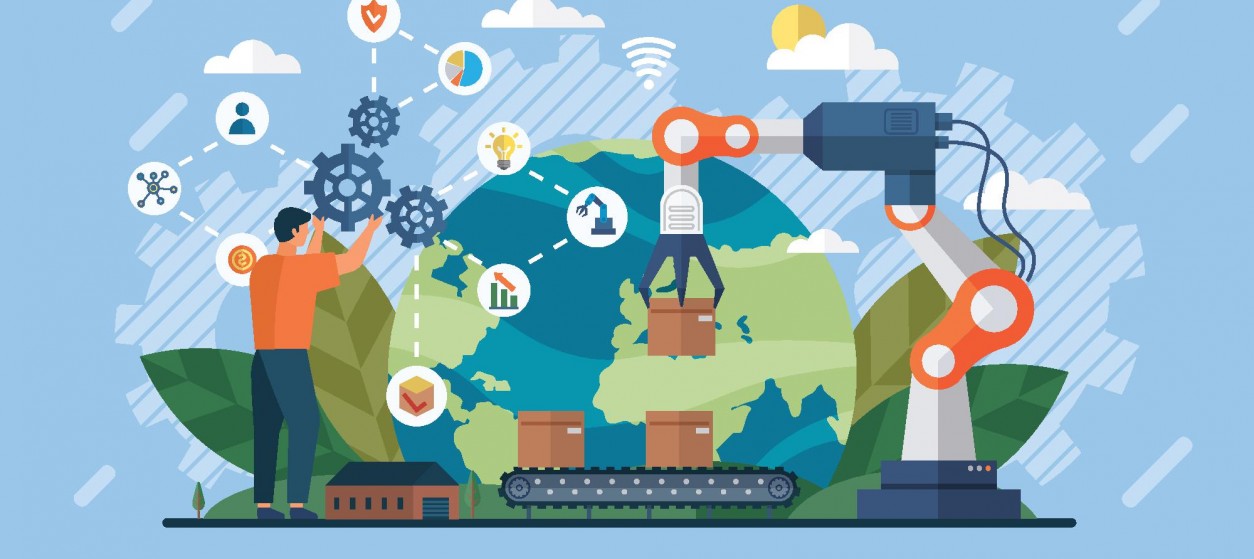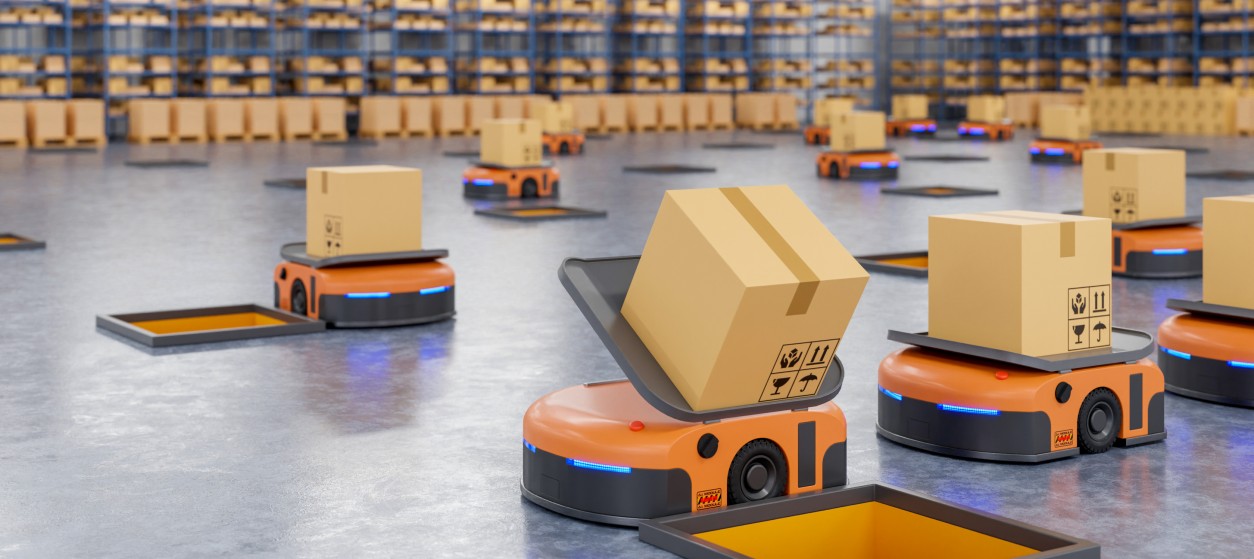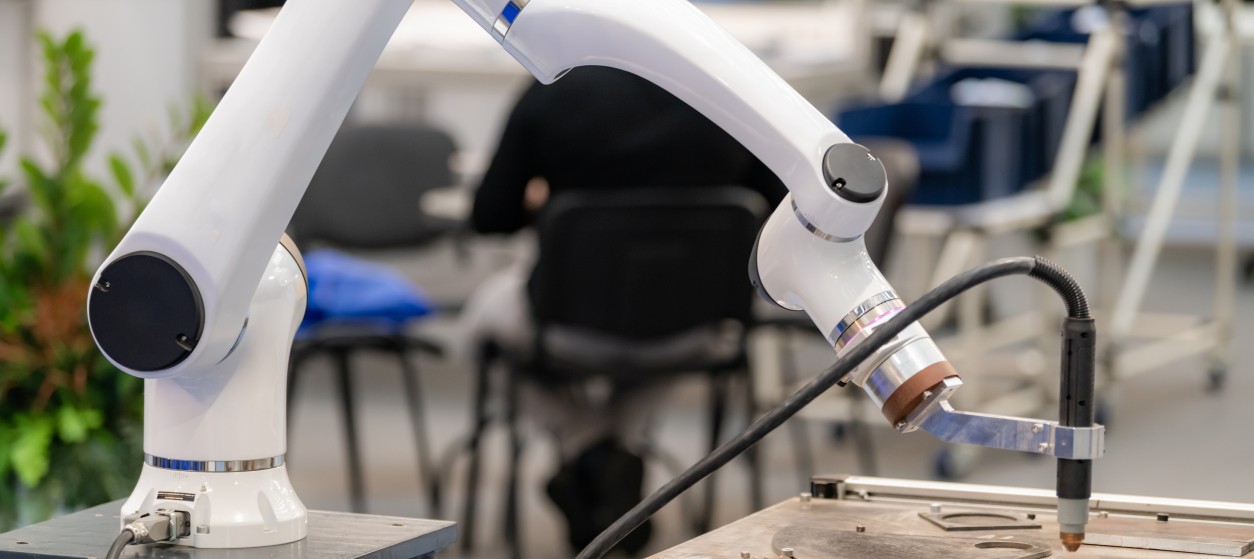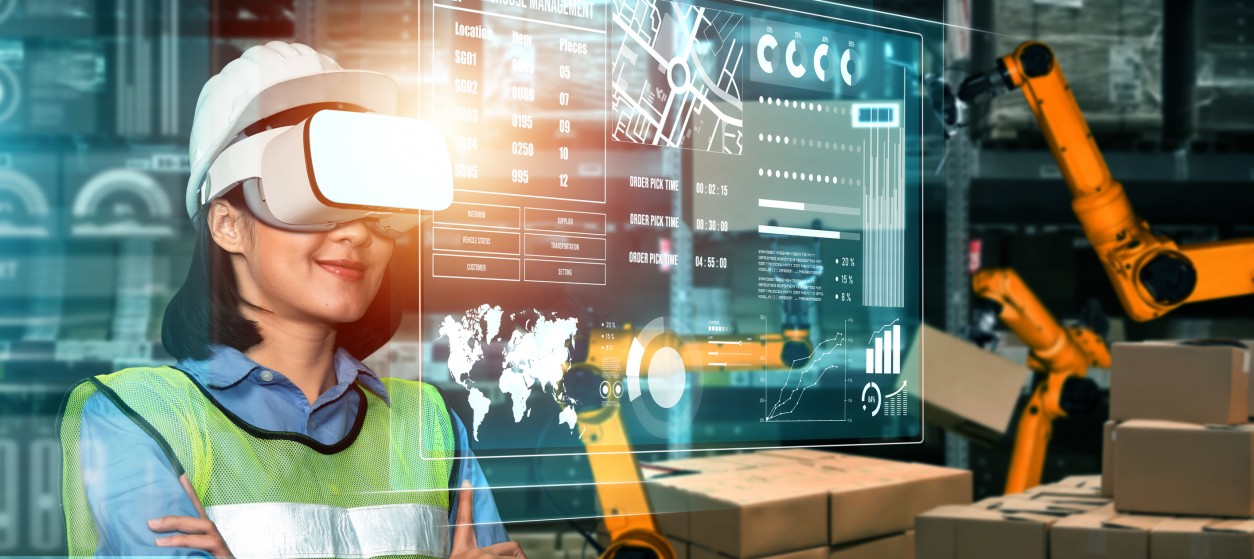Since the beginning of the year, the COVID19 pandemic has disrupted business operations worldwide. Many businesses had to take measures that prevented the spreading of the new corona virus, ranging from social distancing and wearing masks to the lock down of entire sites. At the same time the healthcare systems become equipped with new weapons against the pandemic such as masks, ventilators and COVID19 related drugs. Likewise, citizens had to change their hygiene and social practices through washing hands more frequently, using sanitizers and implementing social distancing.
In this context, many manufacturers had to repurpose their production for two main reasons. The first was that they sought new income and revenue streams in an era where demand for the products that they originally produced declined significantly. The second reason was to satisfy the rapidly increasing demand for certain products like marks and respirators. Some of the most prominent examples of production repurposing include:
- Manufacturers of luxury products that switched their production lines from producing perfumes to making hand sanitizers.
- Industrial companies (e.g., manufacturers of automotive parts) that changed their production towards making hygienic masks and medical devices like ventilators.
- Distilleries that refocused their production lines towards creating disinfecting alcohol.
This repurposing of production has been vital towards increasing supply in certain medical and hygiene products in-line with the recommendations of the World Health Organization (WHO) and the strategies of several countries for fighting against the pandemic. Nevertheless, despite the many paradigms of successful repurposing the industry is still not able to deliver the needed increase in the availability of certain products and services. In this direction, a larger number of manufacturers must become able to repurpose their production towards products with very high demand during the COVID19 era. IT and digital technologies can a very positive role in realizing this repurposing at a large scale.
The Rise of Smart Manufacturing
Digital technologies are rapidly transforming the operation of factories and production lines as part of the so-called fourth industrial revolution (Industry 4.0). The latter is empowered by the accelerated digitalization of production operations and the deployment of Cyber-Physical Systems (CPS) in the production shopfloor. CPS systems enable the collection of large amounts of digital data about physical production processes, as well as the implementation of digitally enabled automation and control processes. Furthermore, they enable powerful applications like digital twins, which facilitate the implementation of what-if testing of different scenarios of operation for the production lines.
Industry 4.0 is largely about flexible production lines that can be rapidly reconfigured to produce differentiated or personalized products. For instance, Industry 4.0 facilitates the implementation of novel production models like made-to-order and mass customization. The latter production models are not confined to producing massive numbers of a single version of product, but rather leverage the digitally reconfigurable lines to produce individualized product configurations. As another example, Industry 4.0 boosts the repurposing of manufacturing lines through enabling their rapid and digitally enabled reconfiguration as needed to change the type of products produced.
Manufacturing Flexibility for COVID19
Beyond production line reconfiguration, Industry 4.0 enables many other activities that are vital for production repurposing. Some prominent examples follow:
- Optimization of Ramp Up times through digital simulations and digital twins: When starting the production of a new product (e.g., a sanitizer rather than a perfume) manufacturers are confronted with a host of quality issues such as defected parts or machines’ malfunctions. Hence, the repurposing of a production line is bound to have slow ramp up times i.e. it can take significant time until the line reaches its full production capacity. This is a significant setback to responding to urgent production requests (e.g., requests for masks during the first weeks of the COVID19 pandemic), while delaying the manufacturers’ access to payments and cashflows. The rise of digital manufacturing and of Industry 4.0 facilitate digital simulations of the productions towards early identification and resolution of quality factors that hinder production ramp up. This is a key to growing the production supply of COVID19 products at scale.
- Supply Chain Optimization: The pandemic has had a tremendous influence on the operation of the global supply chain. For instance, early lock-downs in China have disrupted the supply of vital products and materials in Europe and the USA. Likewise, shortages in source and second materials for certain production tasks have been observed. Industry4.0 enables the timely and accurate digital exchange of supply chain information towards optimizing production schedules and inventory levels.
- Training and Remote maintenance through Augmented Reality: In the COVID19 era many professionals and enterprises have banned business travel as a protection measure for their enterprises. This is also the case for major manufacturing enterprises and their technicians. Therefore, technicians can greatly benefit for remote procedures for training and field service engineering tasks. Industry4.0, CPS systems and the rise of digitization facilitate the creation of accurate cyber-representations of production lines and processes. Likewise, they also facilitate remote support operations over these representations based on technologies like Augmented Reality (AR). Thanks to AR training and remote maintenance processes factories can ensure their business continuity while minimizing travel.
The Value of Collaboration
Repurposing of production lines is not only about technology. Rather, it requires changes in organizational structures and the structure of manufacturing value chains. To this end, there is a need for effective collaboration between different stakeholders beyond manufacturing companies. For example, innovation laboratories and production testbeds can be used to test repurposing processes prior to their deployment in real manufacturing plants. Research organizations can transfer knowledge and technologies about how to scale up production of specific products. Logistics companies may have to adapt their processes in-line with the increased supply of COVID19 products like masks, ventilators, respirators and sanitizers. Repurposing is therefore much about collaboration, much in some way the production of COVID19 vaccines requires effective synergies between researchers and pharmaceutical companies.
Overall, the digital transformation of manufacturing enterprises is greatly facilitating the repurposing of production lines towards meeting the rising demand for COVID19 products. It adds up to the long list of IT enablers that helped humanity fight the battle against the pandemic.
